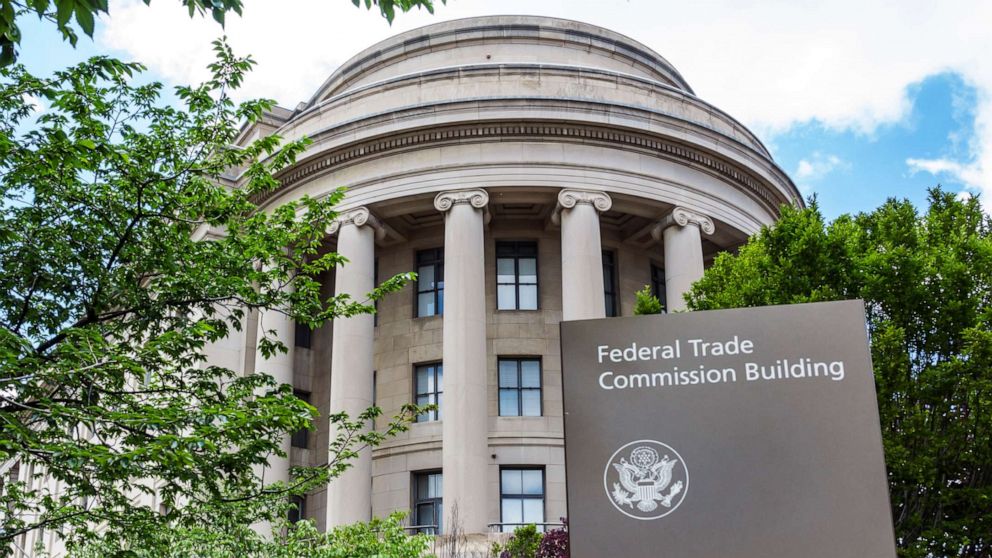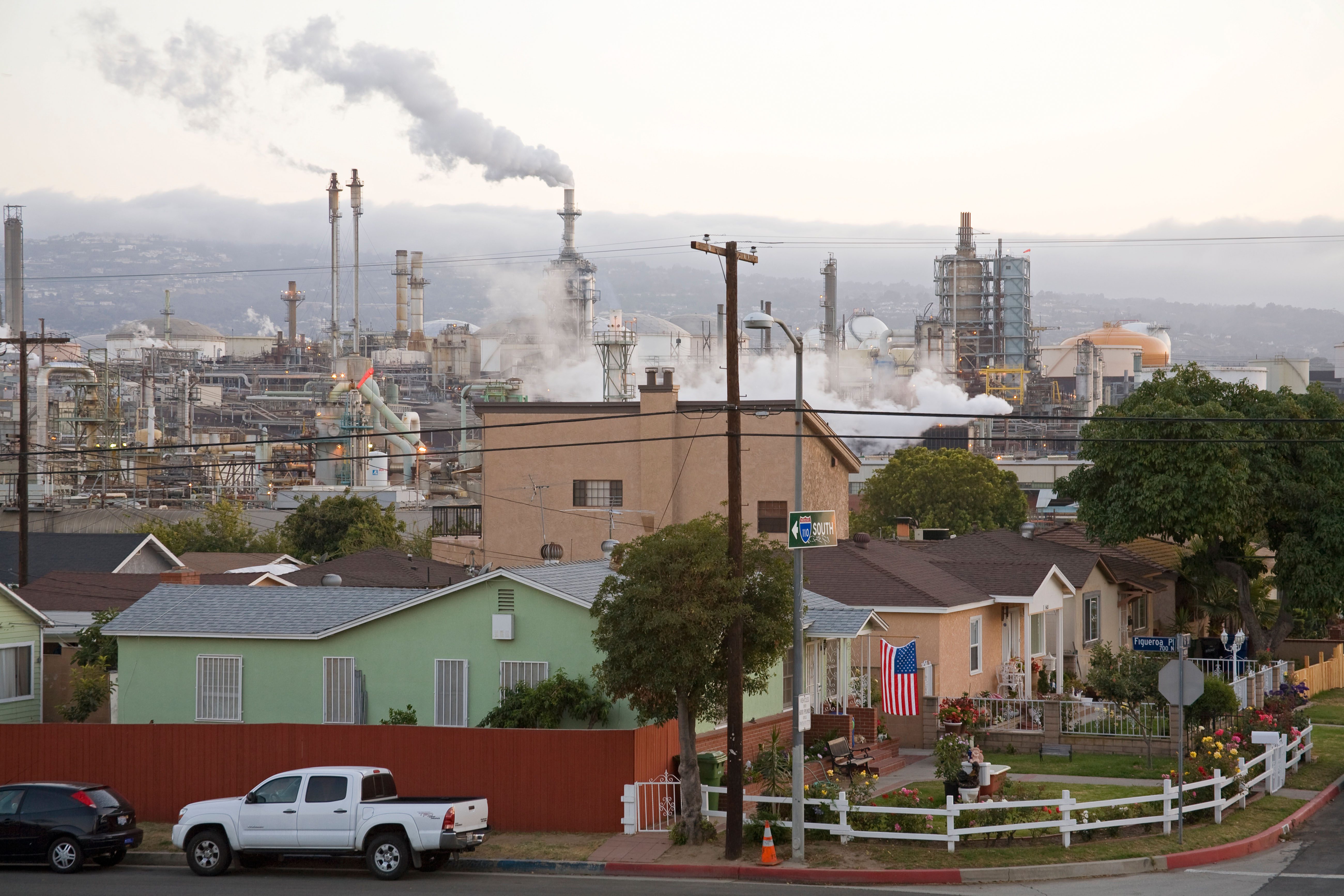
Hilcorp Energy, a privately held oil and gas producer based in Texas, shows up in Violation Tracker with only $2 million in regulatory penalties, compared to more than $1.5 billion for petroleum giant Exxon Mobil. Yet according to a detailed new report published by Ceres and the Clean Air Task Force, Hilcorp dwarfs Exxon when it comes to climate-ruining emissions of methane gas.
Hilcorp is one of a group of lesser-known energy producers which turn out to be responsible for a remarkable portion of greenhouse gas emissions. The findings of the Ceres report, which outed the companies using data from the EPA’s Greenhouse Gas Reporting Project, were surprising enough to merit a front-page article in the New York Times.
Among the other low-profile/high-emissions companies featured in the report are Terra Energy Partners, Flywheel Energy, Blackbeard Operating and Scout Energy. These firms have few or no listings in Violation Tracker.
One of the reasons these companies fly under the radar is that they are not publicly traded. Some are controlled by private equity firms, making their business even more opaque.
As the Times article points out, some of these producers have purchased operations from larger, publicly traded corporations subject to more scrutiny. For example, Hilcorp acquired gas wells in the San Juan Basin in northwestern New Mexico from ConocoPhillips, reducing that company’s carbon footprint while doing nothing to reduce the burden on the climate.
It is significant that the Ceres report is appearing in the wake of the showdown at Exxon Mobil, where institutional investors concerned about the risks associated with climate change have just succeeded in winning three seats on the corporation’s board of directors.
That is a vitally important development in the effort to bring about change at the company which is still the largest overall emitter of greenhouse gases. The Ceres findings point out the necessity for the climate movement to target not only the corporate giants but also the smaller players which are having an outsized impact.
One difficulty in changing the practices of both larger and smaller corporations is the fact that the U.S. environmental regulatory system does little to punish firms for their greenhouse gas emissions. A producer such as Hilcorp can get away with its massive methane emissions because it does not need to worry about activist institutional investors or the possibility of substantial penalties from the EPA.
The EPA has gone after automobile producers such as Hyundai for their greenhouse gas emissions, but the agency has faced strong legal obstacles in the effort to regulate emissions by power plants and energy producers.
Those obstacles need to be overcome, and corporations of all kinds need to face substantial monetary penalties for their contributions to the climate crisis.
Note: Apart from the Ceres report, good use of the EPA’s greenhouse gas data has been made by the Political Economy Research Institute’s Greenhouse 100 Polluters Index, which ranks parent companies by the total emissions of their subsidiaries. In that index, power plant owners such as Vistra Energy and Duke Energy are at the top. Exxon is number 11 and Hilcorp number 36.
/s3/static.nrc.nl/wp-content/uploads/2021/05/web-2605binshell.jpg)







You must be logged in to post a comment.